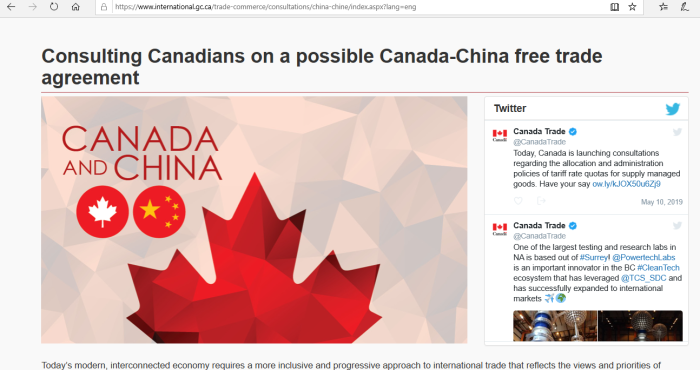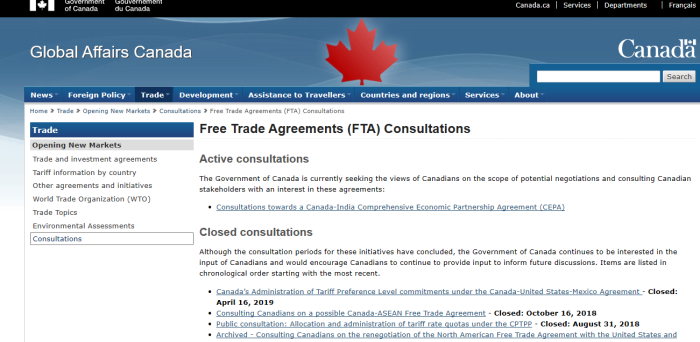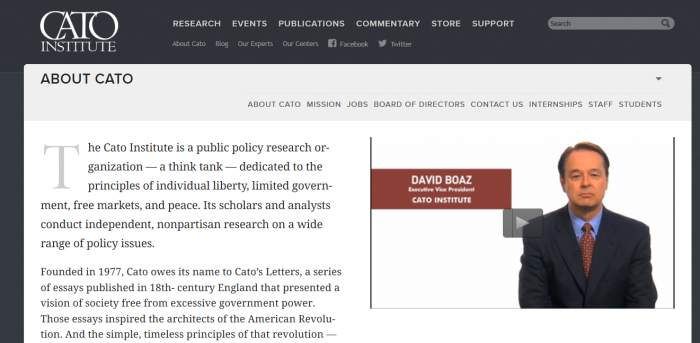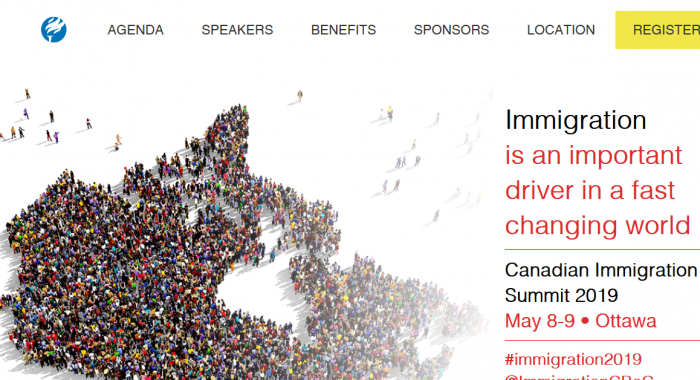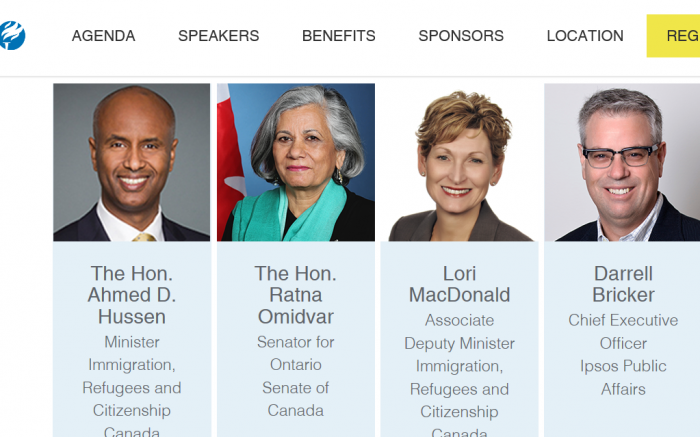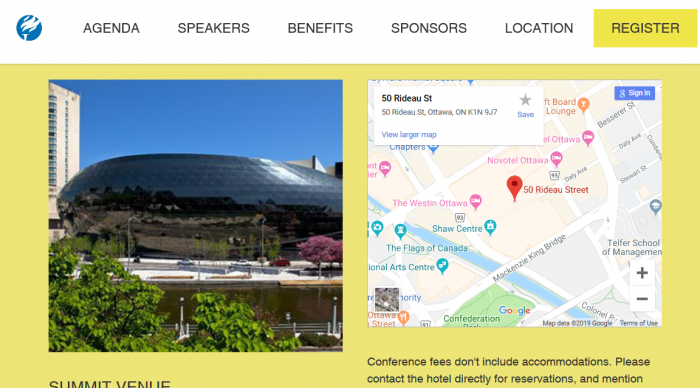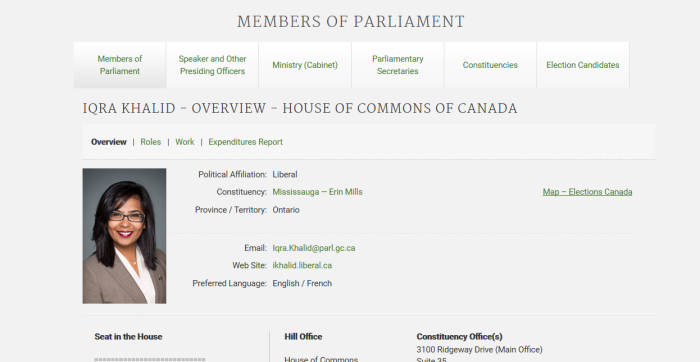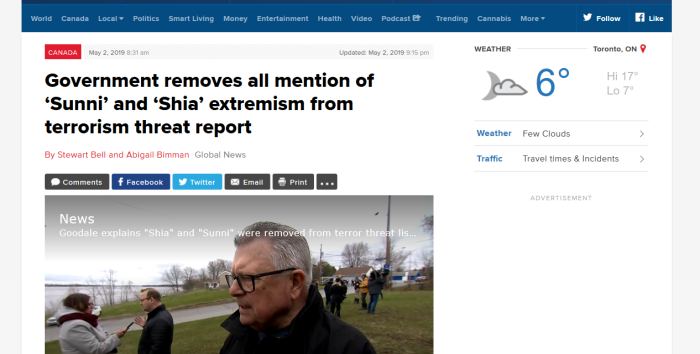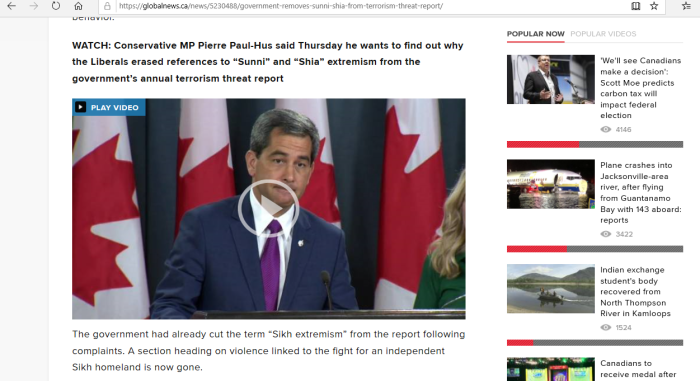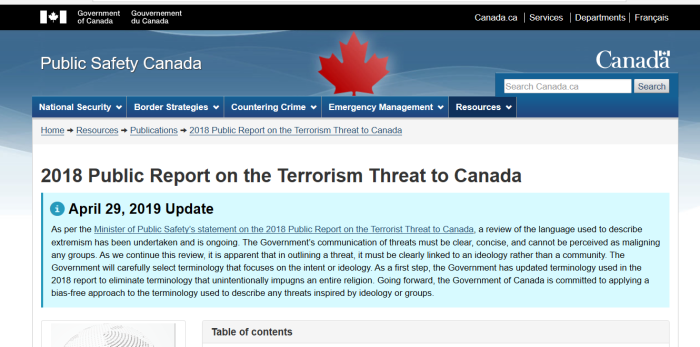(BC “Human Rights” Commission Ruling)
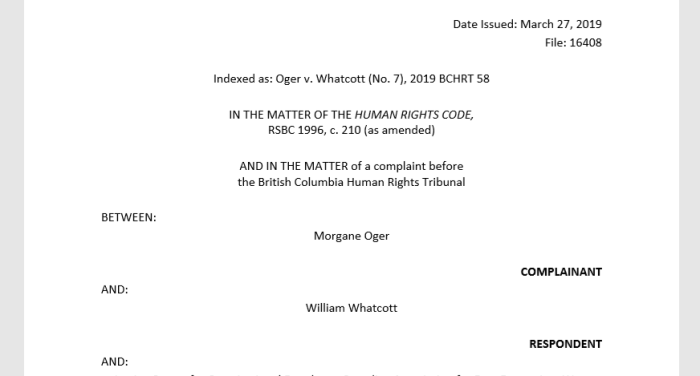
(Morgane Oger Foundation)
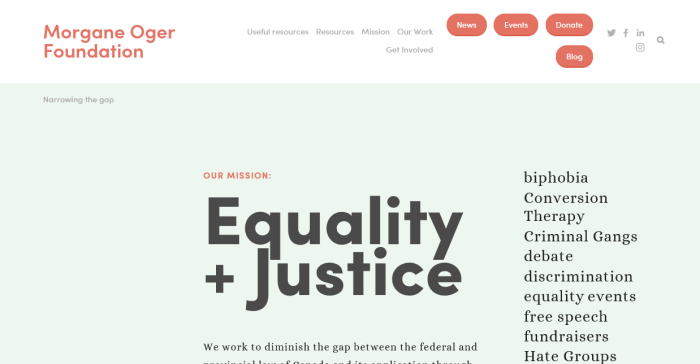
(Proposed “Hate Map” Across Canada)
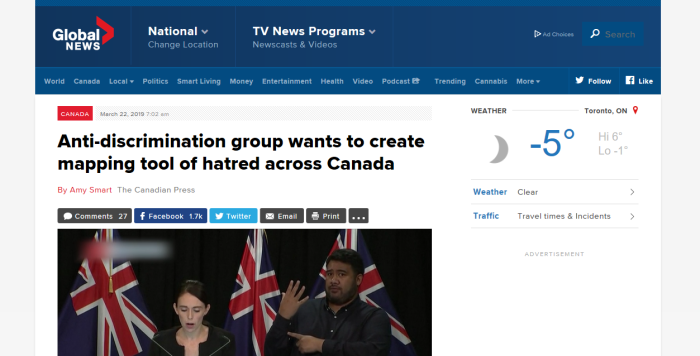
1. Important Links
(1) https://www.canlii.org/en/bc/bchrt/doc/2019/2019bchrt58/2019bchrt58.pdf
(2) ttp://www.bclaws.ca/Recon/document/ID/freeside/00_96210_01
(3) https://laws-lois.justice.gc.ca/eng/const/page-15.html
(4) https://canucklaw.ca/bill-c-16-adding-gender-identity-to-human-rights-code-and-criminal-code/
(5) https://canucklaw.ca/morgane-oger-foundation-wants-to-be-another-doxxing-site/
(6) https://canucklaw.ca/weaponizing-the-human-rights-codes-and-refugee-boards/
Some Thoughts
Our favourite “serial-victim” Morgane Oger, is in the news again, this time for getting a $55,000 award ($35K for hurt feelings, and $20K in punitive damages). This was William Whatcott for calling Oger “a man”. (Oger is transgender).
A few interesting observations in reading the ruling:
(1) Morgane Oger seems perfectly content silencing William Whatcott’s free speech and right to religious expression in the name of gender identity.
(2) The BC Tribunal deliberately and repeatedly skirted the truthfulness of Whatcott’s claim that Oger is biologically male. Hormones, surgery and legal paperwork don’t change biology.
(3) The BC Tribunal awarded $35,000 in damages without any damages being proven. How exactly does one prove “hurt feelings and dignity”?
3. BC Human Rights Code
Discrimination and intent
2
Discrimination in contravention of this Code does not require an intention to contravene this Code.
Section 2 makes it very clear: absolutely no intent is required on the part of anyone in order to be found to violate someone’s human rights. For a “quasi-judicial” board, this is very disturbing. However, it seems to be the case with all provinces.
Discriminatory publication
7 (1) A person must not publish, issue or display, or cause to be published, issued or displayed, any statement, publication, notice, sign, symbol, emblem or other representation that
(a) indicates discrimination or an intention to discriminate against a person or a group or class of persons, or
(b) is likely to expose a person or a group or class of persons to hatred or contempt because of the race, colour, ancestry, place of origin, religion, marital status, family status, physical or mental disability, sex, sexual orientation, gender identity or expression, or age of that person or that group or class of persons.
(2) Subsection (1) does not apply to a private communication, a communication intended to be private or a communication related to an activity otherwise permitted by this Code.
Oger claims that the publications were contrary to Section 7(1)(a) and (b) of the code.
Evidence
27.2 (1) A member or panel may receive and accept on oath, by affidavit or otherwise, evidence and information that the member or panel considers necessary and appropriate, whether or not the evidence or information would be admissible in a court of law.
(2) Nothing is admissible in evidence before a member or panel that is inadmissible in a court because of a privilege under the law of evidence.
(3) Despite section 4, subsection (1) of this section does not override an Act expressly limiting the extent to which or purposes for which evidence may be admitted or used in any proceeding.
(4) A member or panel may direct that all or part of the evidence of a witness be heard in private.
(4) flies in the face of an open inquiry, and doesn’t set any guidelines as to “when” it would be appropriate.
One of the problems Whatcott cited was the Commission refusing to hear all the evidence.
Remedies
37 (1) If the member or panel designated to hear a complaint determines that the complaint is not justified, the member or panel must dismiss the complaint.
(2) If the member or panel determines that the complaint is justified, the member or panel
(a) must order the person that contravened this Code to cease the contravention and to refrain from committing the same or a similar contravention,
(b) may make a declaratory order that the conduct complained of, or similar conduct, is discrimination contrary to this Code,
(c) may order the person that contravened this Code to do one or both of the following:
(i) take steps, specified in the order, to ameliorate the effects of the discriminatory practice;
(ii) adopt and implement an employment equity program or other special program to ameliorate the conditions of disadvantaged individuals or groups if the evidence at the hearing indicates the person has engaged in a pattern or practice that contravenes this Code, and
(d) if the person discriminated against is a party to the complaint, or is an identifiable member of a group or class on behalf of which a complaint is filed, may order the person that contravened this Code to do one or more of the following:
(i) make available to the person discriminated against the right, opportunity or privilege that, in the opinion of the member or panel, the person was denied contrary to this Code;
(ii) compensate the person discriminated against for all, or a part the member or panel determines, of any wages or salary lost, or expenses incurred, by the contravention;
(iii) pay to the person discriminated against an amount that the member or panel considers appropriate to compensate that person for injury to dignity, feelings and self respect or to any of them.
In short, the BC Human Rights Code can award money if it rules that your feelings were hurt, or your dignity or self respect was hurt. No need to prove “actual” damages.
4. Section 2(b) Of Charter
Fundamental freedoms
2. Everyone has the following fundamental freedoms:
(a) freedom of conscience and religion;
(b) freedom of thought, belief, opinion and expression, including freedom of the press and other media of communication;
(c) freedom of peaceful assembly; and
(d) freedom of association
5. From HRT Ruling
William Whatcott identifies himself as a Christian activist. When he learned of Ms. Oger’s candidacy, he resolved to stop her being elected. He was not a member of her riding, nor did he research her platform or the policies which she sought to advance. The sole basis for his campaign against her was that she is a transgender woman and therefore, in his view, unsuitable to hold public office.
Very interesting choice of words. Whatcott “identifies” as a Christian activist, yet Oger “actually is” a woman.
Mr. Whatcott was not a resident in Ms. Oger’s riding. She came to his attention after he had decided there were no suitable political options within his own riding. He says that he had decided not to vote in the election at all, but then turned to prayer. He asked God how he could help in the election. He started researching the candidates across the province and, in this way, came across Ms. Oger. He learned that she had been active in lobbying for amendments to the Code to add the grounds of “gender identity and expression”, and in promoting education about sexual orientation and gender identity in schools. Most importantly, however, he was upset that the media and public at large were “pretending” that Ms. Oger was a woman. He fundamentally believes that gender is static and derived from the genitalia that a person has at birth. He believes that Ms. Oger is a man. He sees himself as the small boy in the fairy tale about the Emperor with no clothes the only one brave enough to speak the truth about Ms. Oger’s gender. He decided to focus his energies on her campaign. In doing so, he describes Ms. Oger herself as “incidental” and “small” within his larger fight for social order and freedom.
The first part gets glossed over. Oger is trying help enact 2 policies that Whatcott is bothered by:
(A) Bill C-16, to add “gender identity” to the Criminal Code and Human Rights Code.
(B) Bringing SOGI (sexual orientation & gender identity) into schools and have it taught to young children.
In all fairness, “both” of the above issues rub a lot of people the wrong way.
[53] To the extent that s. 7 is unique, it is because it expressly and exclusively targets speech. Mr. Whatcott argues that, in doing so, it violates his Charter‐guaranteed rights to freedom of religion and expression ss. 2(a) and (b). In his final reply, he added an argument that it violates his right to life, liberty and security of the person, guaranteed by s. 7 of the Charter.
[54]This Tribunal does not have jurisdiction to apply the Charter: Administrative Tribunals Act, s . 45; Code, s. 32(i). I cannot find s. 7 of the Code unconstitutional, or that any of Mr. Whatcott’s Charter rights have been violated in the course of Ms. Oger’s human rights complaint against him.
[55]There is no question, however, that this complaint engages Charter protections. In these circumstances, I must interpret and apply the Code in a manner that proportionately balances its purposes with those protections. The framework for this analysis has been set out by the Supreme Court of Canada in three cases: Doré v. Québec (Tribunal des Professions), 2012 SCC 12 [Doré]; Loyola High School v. Quebec (Attorney General), 2015 SCC 12 [Loyola]; and Trinity Western University v. Law Society of BC, 2018 SCC 32 [TWU].
While simultaneously claiming not to be able to apply the Charter, the Tribunal says it will balance the rights of the Charter v.s. the Code.
A. Factual context
1. Discrimination against transgender people
. This is a significant time for trans and gender diverse people. Their long fight for equality is bearing some fruit, as society begins to adjust its traditionally static and binary understanding of gender, and its tolerance for people to identify and express their gender authentically. One indicator of this progress is the 2016 amendment to the Code that added the grounds of gender identity and expression.
[61] However, as this hearing made clear, the journey is far from over. Unlike other groups protected by the Code, transgender people often find their very existence the subject of public debate and condemnation. What flows from this existential denial is, naturally, a view that transpeople are less worthy of dignity, respect, and rights. In the hearing room for this complaint, we were witness to repeated, deliberate, and flagrant attacks on Ms. Oger based on nothing more than a belief that her very existence is an affront.
(A) The Tribunal actually referred to this section as “factual context”, but then goes on to make a number of straw man arguments.
(B) It is not a fight for equality. That was never the issue.
(C)”Traditionally static and binary understanding of gender”? Actually, there has never been evidence that there are more than 2 genders. Simply passing a law does not erase science. A government could conceivably pass a law saying that dogs are cats, but it would not be based in reality.
(D) Gender identity and expression? Don’t these contradict reality? Merely expressing oneself or identifying oneself a certain way does not make it so.
(E) Questioning the reality of something not based on science is a hate crime now? Got it.
[62] And so, despite some gains, transgender people remain among the most marginalized in our society. Their lives are marked by “disadvantage, prejudice, stereotyping, and vulnerability”: F(C) v. Albert (Vital Statistics), 2014 ABQB 237 at para. 58; see also Rainbow Committee of Terrace v. City of Terrace, 2002 BCHRT 26 at paras. 47-51. They are stereotyped as “diseased, confused, monsters and freaks”: Nixon v. Vancouver Rape Relief Society, 2002.
BCHRT 1 at paras. 136137, overturned 2005 BCCA 601 (not on this point). Transpeople face barriers to employment and housing, inequitable access to health care and other vital public services, and heightened risks of targeted harassment and violence. The results include social isolation, as well as higher rates of substance use, poor mental health, suicide, and poverty: XY v. Ontario (Government and Consumer Services), 2012 HRTO 726 at paras. 164-166. For transgender children, antitrans bullying leads to higher rates of absenteeism and poorer educational outcomes, which then has ripple effects for their health and future prospects: Christophe Cornu (2016), “Preventing and addressing homophobic and transphobic bullying in education; A human-rights based approach using the United Nations Convention on the Rights of the Child”, Journal of LGBT Youth, 13:1‐2, 6‐17 at pp 7‐8.
(A) How are they marginalized? They have entire government bodies to fight specifically for their rights.
(B) Substance abuse, suicide, and mental health problems? Doesn’t that signify that there might be something seriously wrong with what they are doing?
(C) Children should not be transitioning. Period.
[64] Mr. Whatcott and the JCCF sought to rely on statistics about the poor health and social outcomes for transgender people as proof that – at best – the merits of being transgender was a matter for ongoing study and debate and – at worst –it was a bad lifestyle choice, whichought to be publicly discouraged. I agree with Ms. Oger that this is an illconceived attempt to “take the data about the consequences of being a victim of oppression, or the consequences of being marginalized, and turn that into the root cause of the issue”.
[65] The poor health, economic, and social outcomes for many transgender people are not a signal of their
inherent worth but rather of the significant degree to which they continue to face marginalization, stigma, and discrimination. They illustrate how much work remains to be done to make the Code’s objective of an equal society into a reality.
(A) The Tribunal specifically states they will not consider statistical data. How very “scientific and reasoned” of them.
(B) Another straw-man argument. No one is saying these people are not worthy, but that there are very serious mental health issues that need to be addressed. Issues the tribunal has no interest in addressing.
[75] There is no dispute that a decision against Mr. Whatcott would limit his Charter right to freedom of religion. Ms. Oger concedes that Mr. Whatcott has a sincerely held religious belief that it is his duty to spread his views about transgender people: Syndicat Northcrest v. Amselem, 2004 SCC 47 at para. 65. This concession was appropriate. Mr. Whatcott identifies as Christian and describes himself as a “flawed Christian activist”. He says that his theology largely lines up with that of the Lutheran Church. The Supreme Court of Canada has recognized that Evangelical Christians, and I believe it is fair to count Mr. Whatcott as one, “carry their religious beliefs and values beyond their private lives and into their work, education, and politics”: TWU at para. 67. This is certainly true of Mr. Whatcott. For many years, he has manifested his religious beliefs through activism, beginning with antiabortion activism and then, in more recent years, in activism against the LGBTQ community. His beliefs about transgender people namely that they do not exist and are engaged in a falsehood stem from his interpretation of the Christian Bible. He believes it is God’s will that he spread the Christian gospel and his views about the “morality” of being transgender.
(A) Now we get to the heart of it. This would actually limit religious freedom.
(B) The Tribunal knows this, and will act against it anyway.
[77] There is similarly no dispute that a decision against Mr. Whatcott would limit his freedom to publicly express his views about transgender people generally, and Ms. Oger specifically. This engages his right to free expression. As I will discuss below, the scope of freedom of expression, and the significance of any possible infringement, varies according to the type of speech and the extent to which it furthers or detracts from the core values underlying the freedom. However, at this threshold stage, it is sufficient that the Flyer was a form of expression and that any decision restricting Mr. Whatcott’s right to distribute it publicly would limit his expressive rights to some extent.
[78] With respect to Mr. Whatcott’s s. 7 Charter rights, I agree with the Attorney General that it would not be fair to consider that argument, which was raised for the first time in Mr. Whatcott’s final reply, after the hearing of this complaint had concluded. Regardless, the argument has no merit. A decision by this Tribunal would not restrict Mr. Whatcott’s life, liberty, or security of the person. The remedial jurisdiction conferred by s. 37 of the Code is in no way equivalent to penal consequences. It does not threaten Mr. Whatcott’s life or liberty. While I accept that individuals found to violate the Code may encounter, as a consequence, a degree of stigma and social disapproval, such consequences do not rise to a level of “serious state imposed psychological stress
(A) No threat to his security? Try not paying the fine and see what happens.
(B) You also say the Commission “will” order the so-called bad behaviour to stop. And if it doesn’t, you’ll fine him again.
(C) Who cares if this is the first time the argument has been brought up?
Now a quote from the Supreme Court of Canada:
First and foremost, free expression is essential to the proper functioning of democratic governance. As Rand J. put it, “government by the free public opinion of an open society . . . demands the condition of a virtually unobstructed access to and diffusion of ideas”: Switzman, at p. 306.
.
Second, the free exchange of ideas is an “essential precondition of the search for truth”: R. v. Keegstra, [1990] 3 S.C.R. 697, at p. 803, per McLachlin J. This rationale, sometimes known as the “marketplace of ideas”, extends beyond the political domain to any areaof debate where truth is sought through the exchange of information and ideas. Information is disseminated and propositions debated. In the course of debate, misconceptions and errors are exposed. What withstands testing emerges as truth.
.
Third, free expression has intrinsic value as an aspect of self‐realization for both speakers and listeners. As the majority observed in Irwin Toy, at p. 976, “the diversity in forms of individual selffulfillment and human flourishing ought to be cultivated in an essentially tolerant, indeed welcoming, environment not only for the sake of those who convey a meaning, uut also for the sake of those to whom it is conveyed”. Grant v. Torstar Corp., 2009 SCC 61 at paras. 4750; see also R v. Keegstra, [1990] 3 SCR 697 [Keegstra], at paras. 87‐89;
This is quite laughable, as the Tribunal has no interest in the factual basis of Whatcott’s claim (that Oger is male), nor in the statistical research and evidence regarding transgenders in general.
[119] I reject this proposition in the strongest possible terms. The question of whether transgender people exist and are entitled to dignity in this province is as valuable to ongoing public debate as whether one race is superior to another. This does not mean that all expression that criticizes or questions the existence of transgender people violates the Code. Here I distinguish between public debate about, for example, the scope of rights that different groups in society may be afforded, and commentary like that which is in the Flyer, which denies the very existence of transpeople. Understood in its proper context, it is simply not accurate to place this type of expression at the core of s. 2(b) values.
(A) False equivalence. The reality of transitioning is not the same thing as racial supremacy.
(B) False equivalence. Questioning whether trans-people exist is not the same thing as saying a person should not have dignity.
(C) The flyer is inappropriate, but once again the Tribunal dodges the issue of “truth”.
[125] This argument confuses distinctions with discrimination. Efforts to increase the participation and representation of groups which have historically been excluded from political life serve the goals of achieving substantive equality and enriching Canada’s democracy. But to advocate against including those groups in politics is not the same thing as arguing for their deliberate inclusion. The law has long understood that identical treatment of groups is often the very source of serious inequality: Kapp at para. 27, citing Andrews. Put another way, “different treatment in the service of equity for disadvantaged groups is an expression of [substantive] equality, not an exception to it”: P. W. Hogg, Constitutional Law of Canada (5th ed. Supp. 2007), vol. 2, at p. 5553; cited with approval in Kapp at para. 37. It is simply not reasonable to equate efforts to increase the representation of disadvantaged groups in government with those which would seek to continue to exclude them. While I acknowledge that individual voters may choose to discriminate within the privacy of a ballot box, it does not further Canada’s democracy to suggest that a person’s connection with a historically disadvantaged group is a legitimate point on which to openly campaign against them.
To summarize this word salad: ACTUAL equal treatment of people can be wrong, since it doesn’t take “historical marginalization” into account. Hence the idea of 15(2) of the Charter (affirmative action). This is essentially different rules for different groups in order to “increase representation”.
The decision is long one (100 pages), but this covers the main points. The Tribunal also goes on at length about Whatcott refusing to refer to Oger as “she” despite being repeatedly told not to.
While Whatcott comes off as a bit of a jerk, it is hard to come up with much sympathy for Oger, who is essentially a professional victim. The proposed “hate map” is essentially a doxing tool for opinions that they don’t agree with.
It is also disturbing to see the Tribunal so uninterested in fact or truth. Legitimate concerns about whether a person can transition are deemed hate speech. Further, the tribunal doesn’t care for evidence presented regarding statistics of trans-people. If anything, it is deemed as more of a reason to grant special status.
Whatcott “identifies” as a Christian activist, yet Oger “really is” a woman. The Tribunal is inconsistent in their own standards.
And as seems to be the case in all provinces, the “human rights” code stipulates that no intent is necessary for a finding against a person or group.
Will there be an appeal (in the form of an application for judicial review)? We will find out. But this sets a very bad precedent.
Like this:
Like Loading...
